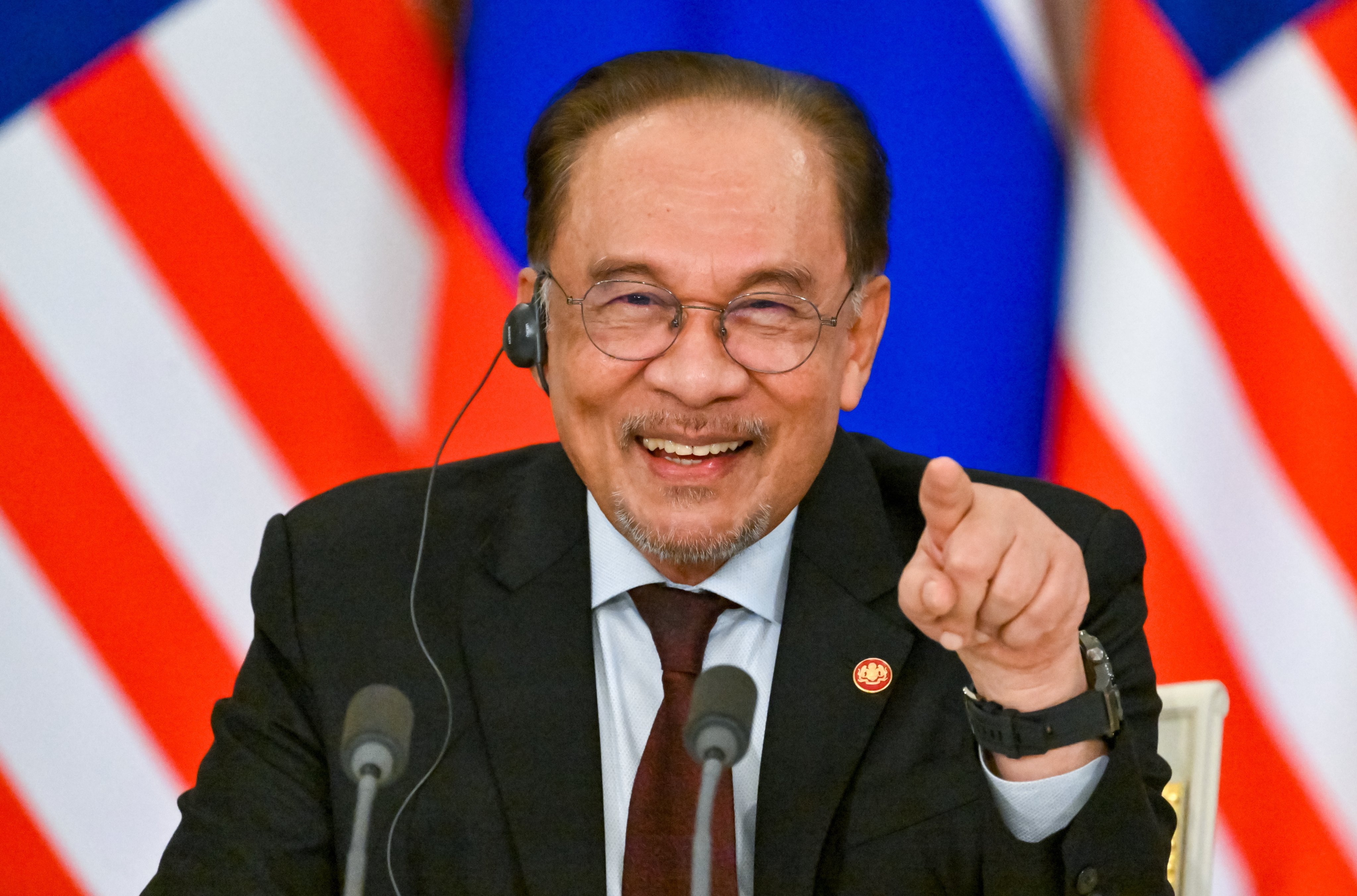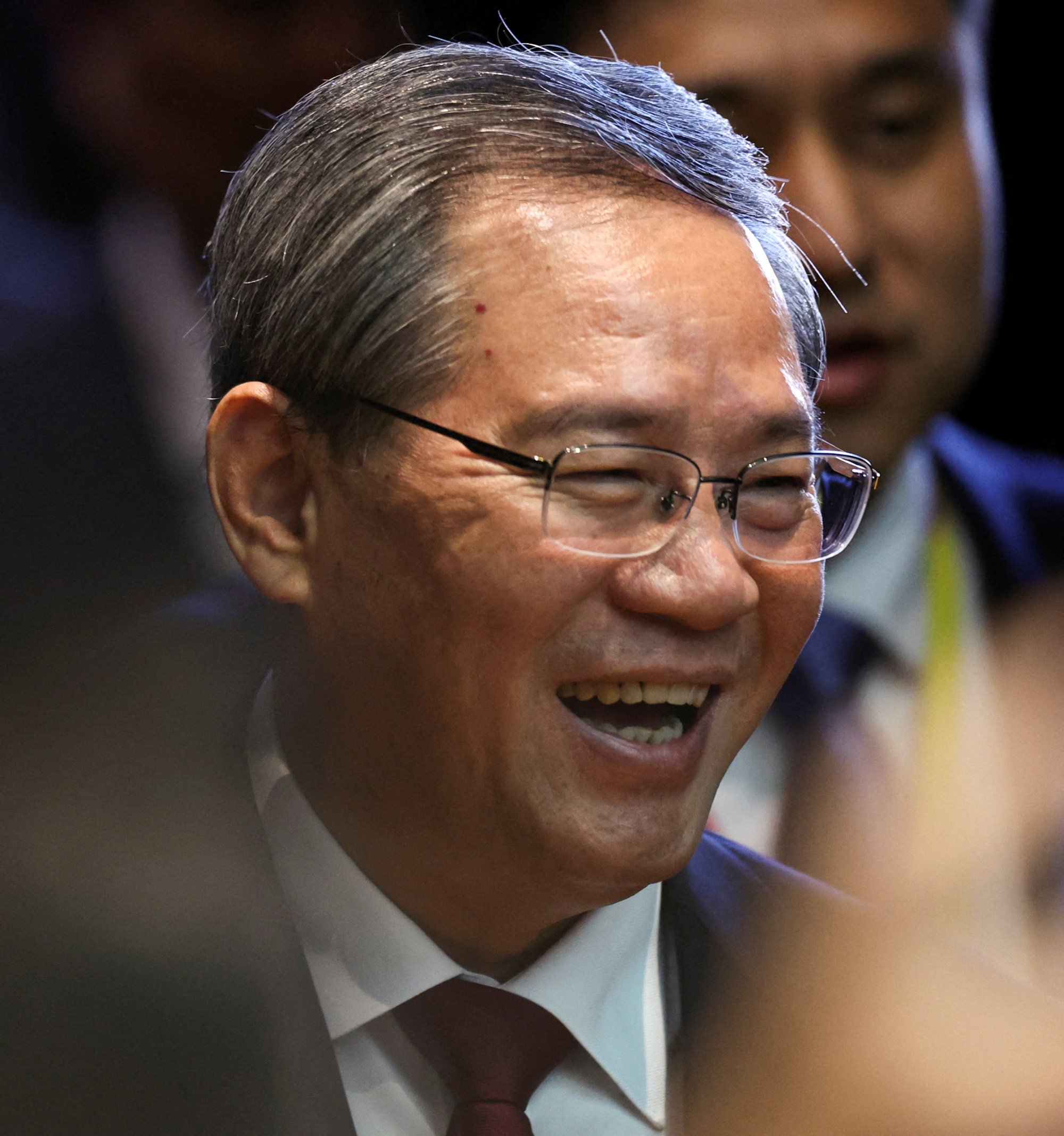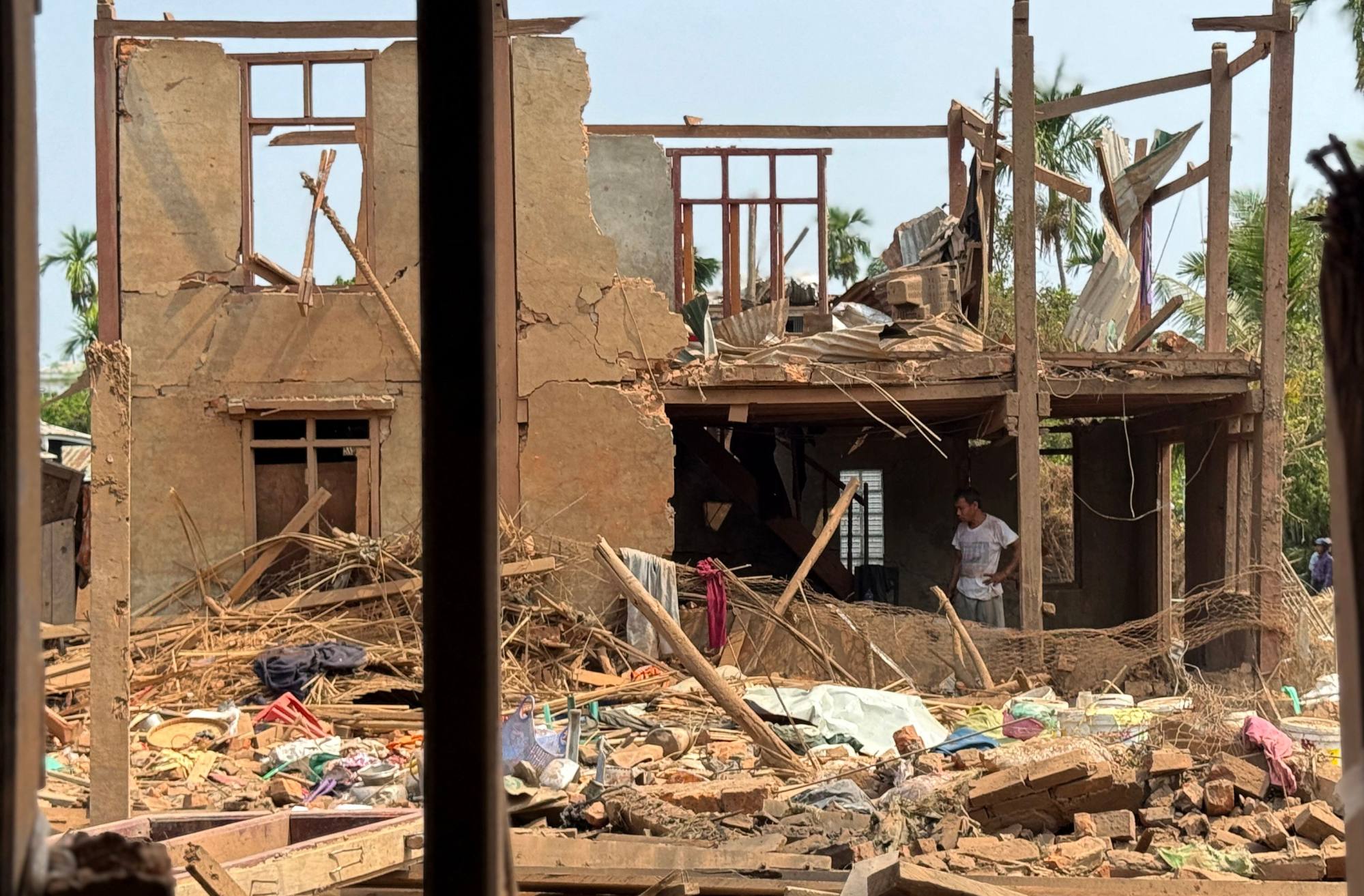Malaysia’s Anwar says Asean summit should tackle Trump’s tariffs, Myanmar crisis
The Asean chair calls for ‘assertiveness and independence’ among the 10 member countries ahead of the crucial summit on Monday

Asean must aggressively pursue new export markets as the bloc strives to convince the US of its economic relevance during tariff negotiations, Malaysia’s Prime Minister Anwar Ibrahim has said, ahead of a crucial summit of Southeast Asian leaders.
Tariffs, trade disruption and a shrinking growth forecast will frame talks as Malaysia hosts the 10-member Association of Southeast Asian Nations on Monday.
The crisis in Myanmar, which is wracked by civil war and recovering from an earthquake, will also be central to discussions as Asean leaders seek to convince the recalcitrant junta to call a lasting ceasefire.
But the threat posed to the region’s vital exports by US President Donald Trump’s tariffs are likely to dominate the two-day summit in Kuala Lumpur.
“Our dependence on the United States is clearly trade, investments. But what I cannot accept is a tendency to dictate,” Anwar told reporters late on Wednesday.
“Now is a call for assertiveness and independence,” he said, urging swift trade talks to offset expected losses from the US giant market with “new partners China, India, Pakistan and even the [European Union]”.

China’s Premier Li Qiang is scheduled to arrive on Sunday for the summit, along with senior leaders from the Gulf states for separate meetings with Asean.
Asean made bold statements on pursuing a unified position in its approach to Trump’s tariffs, with its 670 million consumer market and US$3.8 trillion dollar economy – the world’s fifth largest – as leverage.
But that position has unravelled as Southeast Asia’s four largest economies – Indonesia, Thailand, Vietnam and Malaysia – pursued bilateral negotiations with Washington, promising to buy more American goods and clamp down on transshipments of Chinese exports to the US to protect their own economies.
Anwar said individual talks with Washington did not contradict Asean’s push for a common position in the face of unprecedented trade chaos.
“We never suggested not to pursue bilateral talks,” said the Malaysian prime minister. “We did say that there should always be an Asean position, to say, ‘look, we are Asean, accord us some recognition’.”
Many of Southeast Asia’s export-reliant economies have sputtered over the past month after Trump announced his “Liberation Day” tariffs, proposing levies of up to 49 per cent on Asean member states that paralysed businesses and forced governments to scramble to seek meetings at the White House to negotiate reductions or exemptions.
Trump later paused the “reciprocal” tariffs until early July, but fears of a tariff-induced global recession continue to cloud the economic outlook.
“The reality is Washington prefers bilateralism because a unified Asean has real leverage,” said Kamles Kumar, Malaysia head for Asia Group Advisors, a strategic advisory firm specialising in Southeast Asia.
“That is exactly why Asean must tighten internal coordination to set shared negotiation red lines that anchor collective power.”
But the nature of Asean, which operates on consensus and a policy of non-interference, makes it difficult to compel members to implement a uniform approach to business and investments.
One workaround may be for its members to agree on non-negotiable common areas such as the long-standing position of geopolitical neutrality and avoid deals that could end up undercutting each other, experts say.
The group could use its collective industrial muscle to build capacity in sectors like electric vehicles, semiconductors and critical minerals, establishing strong cross-border value chains “that make decoupling costly for the US”, said Damien Duhamel, managing partner at management and strategy firm Eurogroup Consulting.
Myanmar muddle
Malaysia’s Anwar is also widely expected to push for progress towards ending the four-year civil war in Myanmar that has killed thousands of civilians and displaced millions more.
Last month, Anwar went to Bangkok to meet junta chief Min Aung Hlaing, who he said gave an “assurance” to extend a ceasefire and allow unimpeded aid into Myanmar after the March 28 earthquake that ravaged the country and killed at least 3,800 people.
“We have made remarkable progress … it is a good beginning,” Anwar said on Wednesday of the concessions made by the junta after what he described as the “first serious engagement” by Asean in a decade.
The junta has not stopped its aerial campaign across the country, killing 22 people – mostly students – in a strike on a school on May 12, while the embattled Min Aung Hlaing has in recent weeks appeared to receive the backing of key allies China and Russia.

Anwar said he was under no illusion that his year as Asean chair would bring any significant change to the recurring unrest in Myanmar.
“We do our best, but I do not have big dreams of solving the problems of the world in one year,” he said. “The first series of engagements has happened. Now we have to move beyond that.”
Asean has yet to lift a ban on senior junta officials from attending Asean meetings for flouting a five-point deal meant to pave the way for peace talks – and is not clear if representatives from Myanmar’s junta have been invited to next week’s summit. The junta has been escalating attacks on civilians and lining up a deeply flawed election for December in an attempt to emboss its legitimacy.
Critics say Anwar should use his chairmanship of Asean to start a new process on Myanmar that cajoles the junta to agree to an immediate ceasefire, brings in pro-democracy rivals and resets the constitution with the army supplicant to any future elected government before the poll is held.
“The Myanmar military must be made permanently subordinate to a democratically elected civilian government and parliament,” said a joint statement by former Malaysian foreign minister Saifuddin Abdullah and Marzuki Darusman, Yanghee Lee and Chris Sidoti, founding members of the Special Advisory Council for Myanmar.
“Prime Minister Anwar has the opportunity to secure Malaysia’s success as Asean chair and to salvage Asean’s credibility after years of failure on Myanmar. He has bet his reputation on it. The people of Myanmar have much more at stake.”